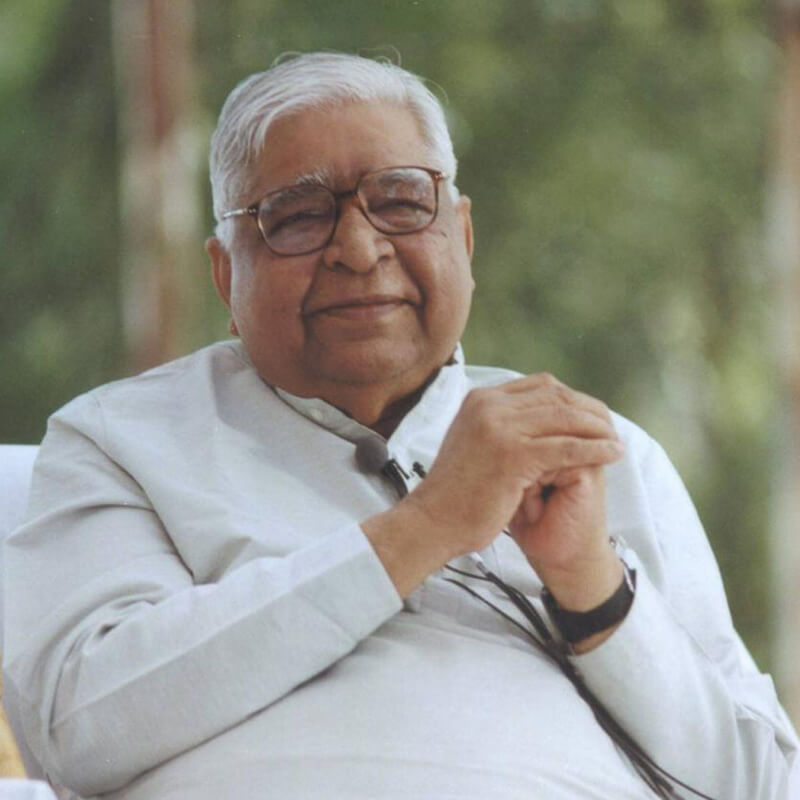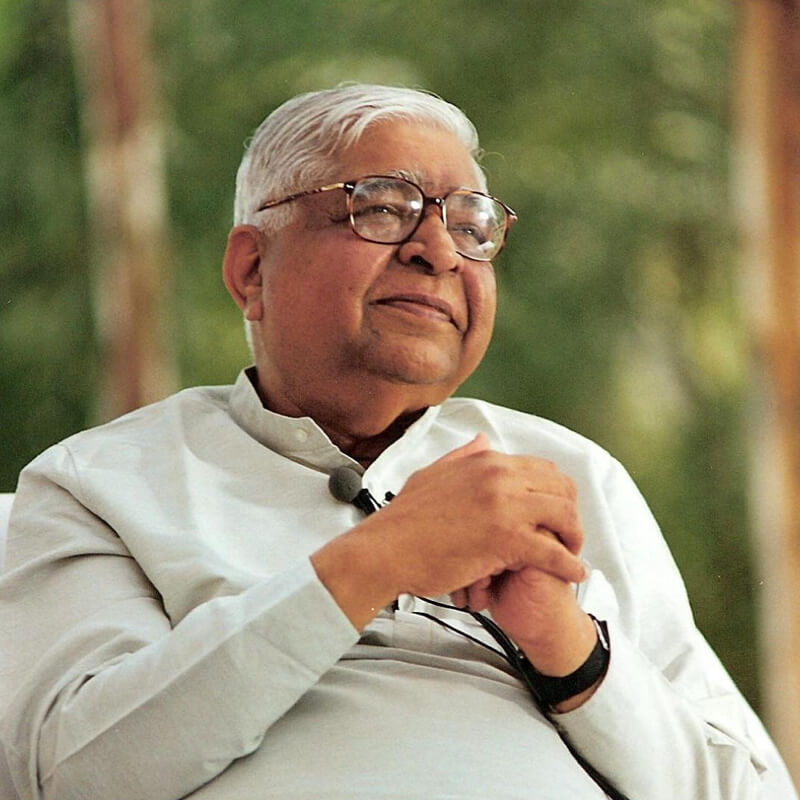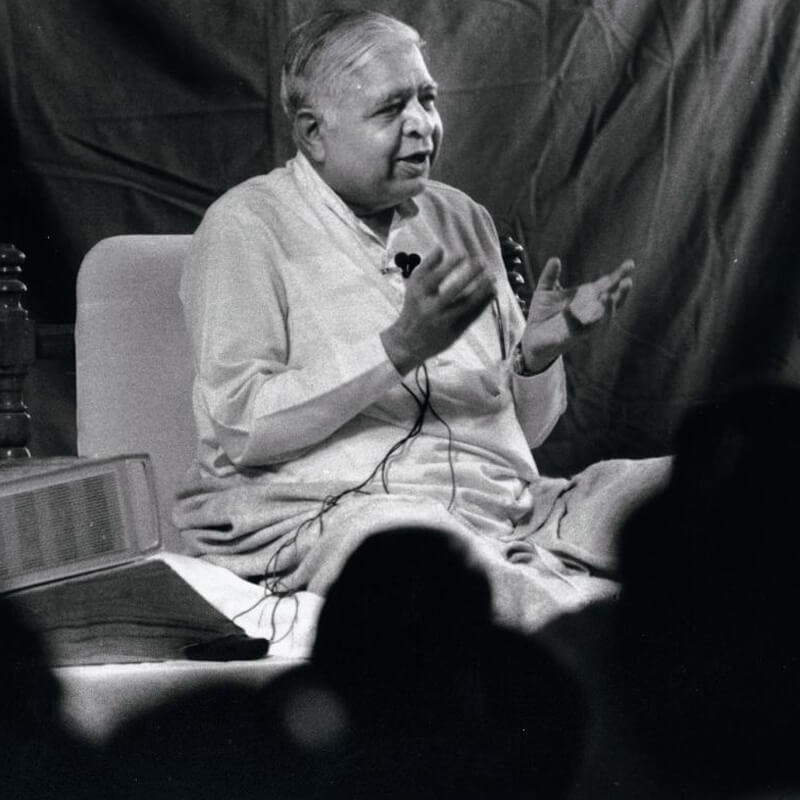What is wisdom? Wisdom means right understanding. Knowledge of the superficial apparent truth only is not true wisdom. In order to understand the ultimate truth we must penetrate apparent reality to its depths.
A child will see precious jewels only as attractive, coloured pieces of stone. But an experienced jeweller evaluates the virtues and defects in each jewel with his expert vision in order to accurately estimate its value. In the same way, the wise do not conduct a mere superficial examination. Rather they go to the depths with penetrating wisdom and accurately perceive the underlying subtle truth in every situation. This ability to understand the complete truth accurately in every situation is wisdom.
There are three kinds of wisdom. The first, suta-maya panna, is the wisdom gained by hearing or reading the words of others. The second, cinta-maya panna, is intellectual wisdom: to test with one’s reasoning and analyzing faculty whether the received wisdom is rational and logical.
It cannot be said that these two types of wisdom are absolutely useless. However, because they are borrowed wisdom, usually the knowledge gained is merely intellectual and no lasting benefit is derived from it.
Bhavana-maya panna, the third kind of wisdom, is experiential wisdom It is wisdom manifested within ourselves, based on our own experience of our body sensations. This wisdom is based on direct experience and therefore is truly beneficial.
To develop bhavana-maya panna, it is essential to practice sila (moral conduct) and to develop right samadhi (concentration). Only the mind established in right samadhi can understand and realise the truth as it is. (Yatha-bhuta nana-dassana)
Samahito yathabhutam pajanati passati. - One who has developed right concentration, properly understands reality as it is.
The ability to see things as they really are is called Vipassana, meaning "to see things in a special way". Ordinarily we tend to observe only the superficial apparent truth, like the child who sees only the superficial, bright colouring and glitter of the jewels. To be able to properly observe inner truth, we need the penetrating expert vision of the jeweller—we need to see things in a special way. This special way of seeing is Vipassana; this is bhavana-maya panna, the development of wisdom by the practice of Vipassana.
It is easy to understand superficial reality but introspection is necessary to understand subtle inner truths. Directing our attention inwards, we must explore, observe, and understand the truth within.
To understand the truth within, we practice the four kinds of awareness described by the Buddha in the Mahasatipatthana Sutta. We practicekayanupassana (observation of the body) by observing the course of events within the body with full attention. Observation of the incoming and outgoing breath is part of kayanupassana. Observation of the respiration leads to awareness of sensations on every part of the body.
Practising diligently, we gradually begin to experience gross or subtle sensations on every part of the body. The sensations may be pleasant, unpleasant or neither-pleasant-nor-unpleasant. Observing these sensations with detachment, we practice vedananupassana (observation of sensations within the body). Observing the numerous kinds of mind (citta) that keep arising from time-to-time, we practice cittanupassana. Observing the different contents of the mind, we practice dhammanupassana.
We give more importance to vedananupassana because it is directly connected to the other three. Vedana is perceived by the the mind, but it is experienced in the body. Every defilement in the mind is intimately connected with some sensation in the body. Therefore, when we strengthen vedananupassana, we automatically strengthen the other three.
In this way, through the practice of Vipassana based upon sensations, we can observe the true nature of the mind-body (nama-rupa) every moment. Gradually we develop the understanding that this body is merely a collection of subtle sub-atomic particles, which by nature constantly change, arising and passing away. These sub-atomic particles are made up of the four elements: earth, water, fire, and air.
The flow of the ever-changing body-stream and that of the mind-stream can be observed only with the help of penetrating, piercing samadhi. Observing the mind-body, we can experience its fundamental nature of impermanence (anicca) and suffering or unsatisfactoriness (dukkha) and in the process, its nature of egolessness (anatta) becomes clearer and clearer. We begin to realise that both the body-stream and mind-stream are substanceless, essenceless. There is nothing in this stream of mind and matter which is permanent, stable or constant, which can be called "I" or "mine", or which we can claim to control.
In this way, we begin to learn to observe the flow of nama-rupa with detachment, with impartially. The deeper the examination of the subtle sensations, the stronger our detachment. As long as there is attachment, we cannot observe the object of meditation objectively, as it is. Through the wisdom gained by practicing Vipassana, our attachment becomes weaker and weaker, and we are able to observe the object of meditation more and more objectively.
When one enters a dark house with a lantern, the darkness is dispelled; light illuminates the whole house and all objects in the house can be seen clearly. In the same way, the light of wisdom banishes the darkness of ignorance, and the eternal, noble truths are illuminated and are seen clearly.
Through continued practice, we experience the truth of dukkha at the deepest level—how this constantly dissatisfied and discontented mind is incessantly afflicted with the thirst of craving; how this thirst is never-ending—like a bottomless pit, it consumes all our efforts to fill it. We understand the misery of our attachment and clinging to our belief in an individual ego—how our attachment to this concept of self, to our cravings and opinions keep us incessantly preoccupied and miserable. When we understand dukkha and the root cause of dukkha, we also understand the Noble Path, which destroys all the cravings that cause dukkha, thereby leading to liberation from dukkha. As we progress on this path, we attain liberation from all suffering, nibbana.
As our panna grows stronger and stronger through the practice of Vipassana, this wisdom eradicates all delusions, illusions, false impressions, and ignorance. Reality becomes clear because false impressions are unable to stick in the mind. When panna becomes strong, sila becomes pure; the mind is purified of all defilements. And progressing on this beneficial path, we achieve the pure state of the ariyas(noble ones). We experience the joy of nibbana.
The happiness gained through Vipassana is superior to any other happiness. Neither the enjoyment of gross sensual pleasures, nor that of subtle extra-sensual pleasures, leads to lasting happiness. When pleasure of any kind comes to an end, the result is sorrow. And because every situation is impermanent, it is bound to change, to come to an end. When a pleasurable experience comes to an end, the mind struggles to regain it. This craving brings misery. True happiness comes only from that which remains stable.
When we become used to observing with complete detachment, our faculty of observation can remain stable even if the objects of our observation keep changing. We do not become elated when we experience sensual or supra-mundane pleasures, nor do we cry when they pass away. In both situations we watch objectively, like a spectator watching a play. At the depths of the mind, as we observe the changing nature of even the most subtle sensations, right understanding arises about the profound truth of impermanence. We observe every changing situation with the same objective and impartial view. To see that which is apparent, that which is before our eyes, without any defilement in the mind—this is true happiness. This state has been called ditta dhamma sukha vihara (the happy state of knowledge of truth).
Come, let us strengthen our bhavana-maya panna through the practice of Vipassana. Leaving behind the continuous struggle with cravings that cause such restlessness and discontentment, let us gain liberation from the bondage of craving. Becoming established in wisdom, let us gain liberation and attain real contentment, real happiness.





